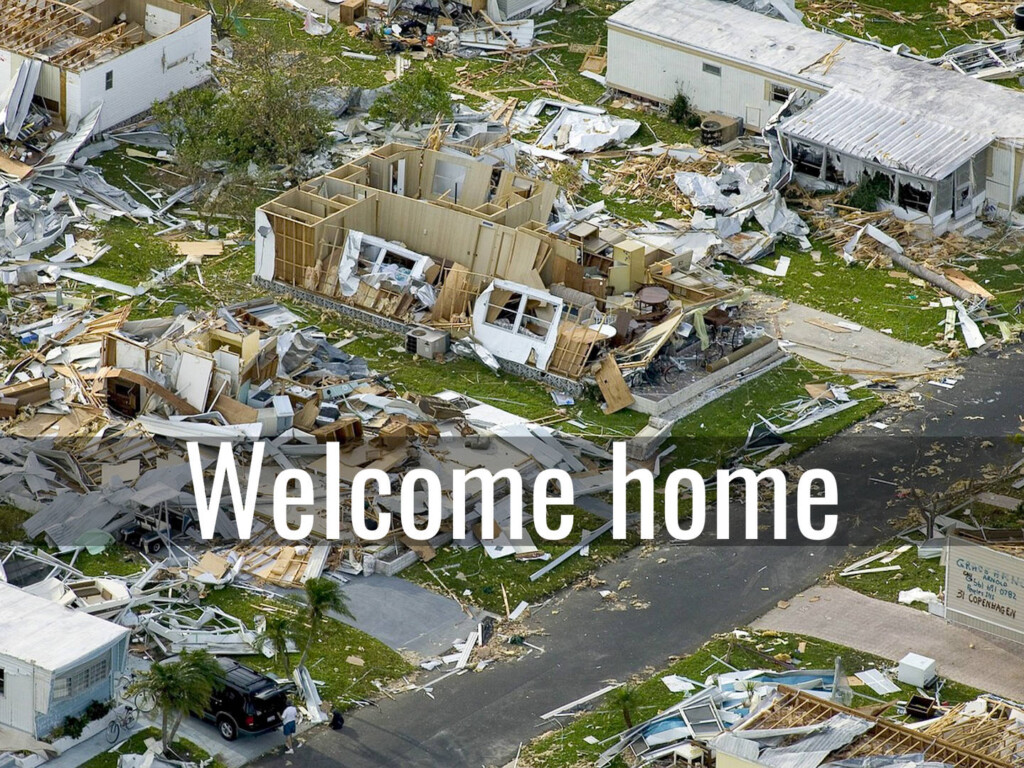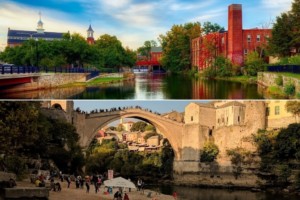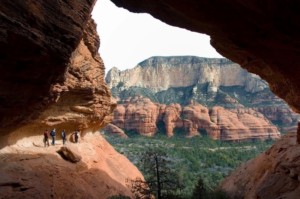Domestic disasters & destination ‘dupes’: Climate change impels travel closer to home

Worried about climate change and associated risks to property, American vacationers are growing reluctant to travel far from home.
It’s the third “GT” Insight by Herb Hiller.
[You too can write a “Good Tourism” Insight.]
Contents
Climate change at home and away
In this epoch of climate change, a family on Grand Bahama deposits a Norwegian Cruise Line vacation in full but in 2020 when Hurricane Dorian flattens their house they cancel their trip. They get their money back although NCL won’t acknowledge the repayment lest additional no-show passengers think this singular refund will become a default practice.
A company in Virginia advertises that if you’re going away you should call them to check your roof, gutters, windows, and trees near your house, the soundness of your window installations, and more, so you won’t return to find your place unlivable.
A Calgary, Canada-based insurance company explains at length what you need to know about damage that occurs while you’re on vacation before you leave.
These examples show how climate change is influencing climate action where we live, not only at the destinations we travel to.
Yet every time I search for “Travelers return from vacation to find their house wrecked from severe storm damage”, I mostly find answers about buying trip insurance; all about the destinations that might suffer severe climate effects that could ruin your experience.
That happened last year when Greek authorities evacuated thousands of beachgoers on Rhodes from fire, or this year when Texas Governor Greg Abbott warned 51 of his state’s coastal and adjacent counties, and the residents and visitors therein, of potentially high winds and flooding from tropical storm Alberto.
Climate change top of mind
The truth is that extreme weather from heat to hurricanes is now affecting how, when, and where we travel. We’re all handicapping Big Weather. Public discussion about climate change is becoming top of mind.
New climate reporting suggests it will stay this way through the lifetimes of everyone now living. Everywhere that tourists exploit consumption of nonrenewable resources will become increasingly hostile to them.
Don’t miss other “Good Tourism” content tagged ‘climate change’
Follow the bouncing ball with me.
People at home who are warned about the approach of severe weather — and who leave their homes or stay in place and have to be rescued from rooftops — can’t claim surprise if their homes suffer wind or water damage.
But what if you go off for fun and learn that a storm is threatening your neighbourhood, and you can’t get back fast enough to ‘batten down the hatches’?
Destination ‘dupes’: Travel to the deep nearby
Millions now consider travelling closer to home during seasons of severe weather. Climate change challenges ever-rosy travel industry predictions about the neverending rise in departures for distant travel.
Even someone who follows Travel Weekly Editor-in-Chief Arnie Weissmann, as I do, could have missed a quick exchange when he was interviewed in May by TW’s go-to climate explainer Doug Lansky.
Lansky asked Weissmann to name five new trends that even frequent travellers might not yet be onto. Among them was “dupes”. Weissmann explained that dupes are substitutes for bucket list places that many want to visit but might choose to avoid because of overcrowding or resident pushback against visitor hordes.
Doug interjects to clarify whether dupes might be “kinda nearby”, “kinda similar”. Arnie points to the Azores as a potential “dupe” or substitute for Hawaii for US residents.
So here we have “the trusted voice of travel” telling us that some people can turn bucket list destinations into closer-to-home dupes that are equally meaningful to them.
Americans are worried about climate change …
A 2023 Pew Research Center survey found that 74% of Americans said the US should be involved in international climate action, and that 72% care “a great deal” or “some” about climate change.
In a survey conducted by Stanford University, 82% of Americans agreed that “Humans are at least partly responsible for warming”; 80% thought that it was a “very” or “somewhat” serious problem for the US; and 82% thought it was a “very” or “somewhat” serious problem for the world.
… including Floridians
And while 60% of US state governors have expressed concern about the changing climate, some governors like Ron DeSantis in Florida have ordered all reference to climate change expunged in state statutes and have forbidden officials from using the term.
Consider the millions of DeSantis’ fellow Floridians who have directly experienced catastrophic property damage or loss of kin to storms that science says were worsened by climate change. Who will they believe?
Some homeowners rebuild stronger. Others sell. And, yes, there are still buyers.
Jenna Scharf, a real estate agent with Treeline Realty in Fort Myers, recently told Gulfshore Business that Hurricane Ian in 2023 “created a lot of concern; it was a wake-up call for Southwest Florida residents”.
“Right away, residents began moving inland where there’s a lower risk of flooding, and [where] property insurance — which is based on elevation — is a lot less expensive.”
Buying a new house is the biggest expenditure that most Americans make. (Annual travel, over a lifetime, may be the next most costly.)
After investing in ‘dupe’ homes, the bouncing ball suggests they’ll choose ‘dupe’ destinations for their travels too.
Read more “Good Tourism” Insights by Herb Hiller
Global warnings, local actions
The climate crisis has played an “absolutely overwhelming” part in the northern hemisphere heatwave, according to World Weather Attribution. And heatwaves will become hotter and longer unless the world quickly halts its use of fossil fuels, they say.
Then there are these assertions from global “peak” travel & tourism industry bodies:
- According to the World Travel & Tourism Council, the tourism sector creates around a tenth of the greenhouse gas emissions that are driving the climate crisis. (About half of all transport emissions are tourism-related, other studies say.)
- According to United Nations (UN) Tourism (formerly UN World Tourism Organization) total emissions from tourism are forecast to rise by a quarter between 2016 and 2030.
What European places are doing in response to various (mainly local) pressures effectively constitutes climate action. Their policies will affect how far people choose to travel for comparable experiences. Actions include:
- Imposing fees on day visitors;
- “Quality of life” measures;
- Curtailing night landings; and
- Disallowing advertising that runs counter to official message-making.
We absorb these proliferating messages when we plan our travel. It’s part of the great paradigm shift reaching tourism.
The bouncing ball lands wherever we start vacationing closer to home. Imagine what we’ll find.
What do you think?
Share your own thoughts about tourism and climate change in a comment below.
(SIGN IN or REGISTER first. After signing in you will need to refresh this page to see the comments section.)
Or write a “GT” Insight or “GT” Insight Bite of your own. The “Good Tourism” Blog welcomes diversity of opinion and perspective about travel & tourism, because travel & tourism is everyone’s business.
“GT” doesn’t judge. “GT” publishes. “GT” is where free thought travels.
If you think the tourism media landscape is better with “GT” in it, then please …
About the author

Herb Hiller, writer and climate action advocate at The Climate Traveler, has “progressed from travel insider to a solutions-driven critic of mainstream tourism”.
Mr Hiller has lived in the Caribbean region and the US states of Florida and Georgia, working much of his career on multi-modal mobility. He initiated the Caribbean Tourism Research Center in Barbados; led the revival of the Florida state bicycling and B&B movements; inspired the Great Florida Birding Trail; and wrote the cover story for Florida Trend in 1996 that called for the newly-established Visit Florida DMO to go green.
Two of Herb’s books have won top honours in their fields. A fourth is near completion.
Featured image (top of post)
Image by WikiImages (CC0) via Pixabay. “GT” added the text.





